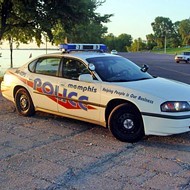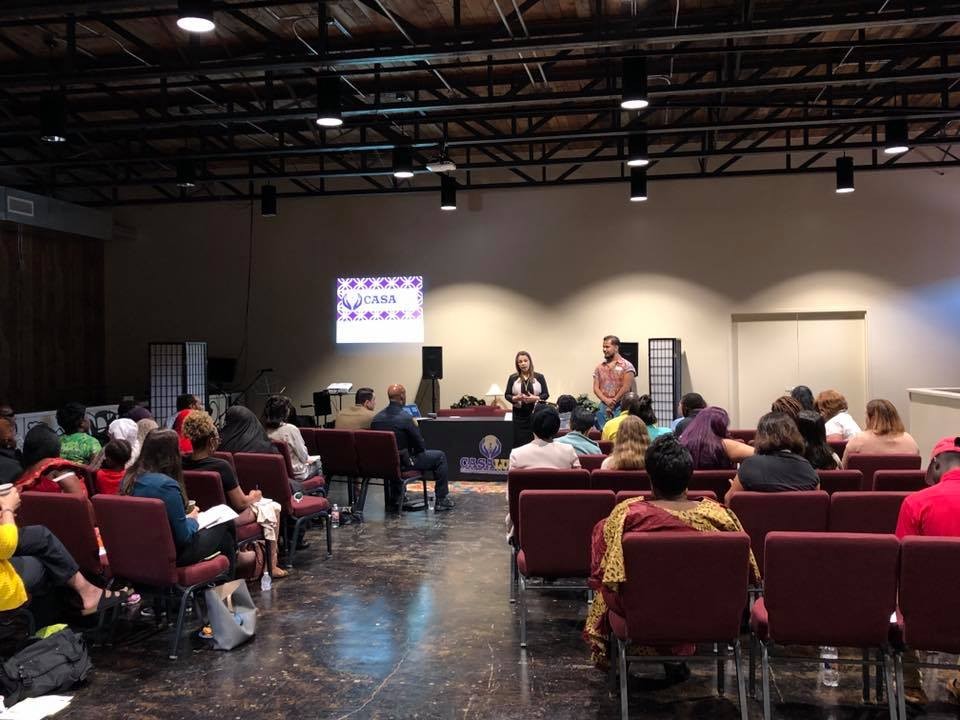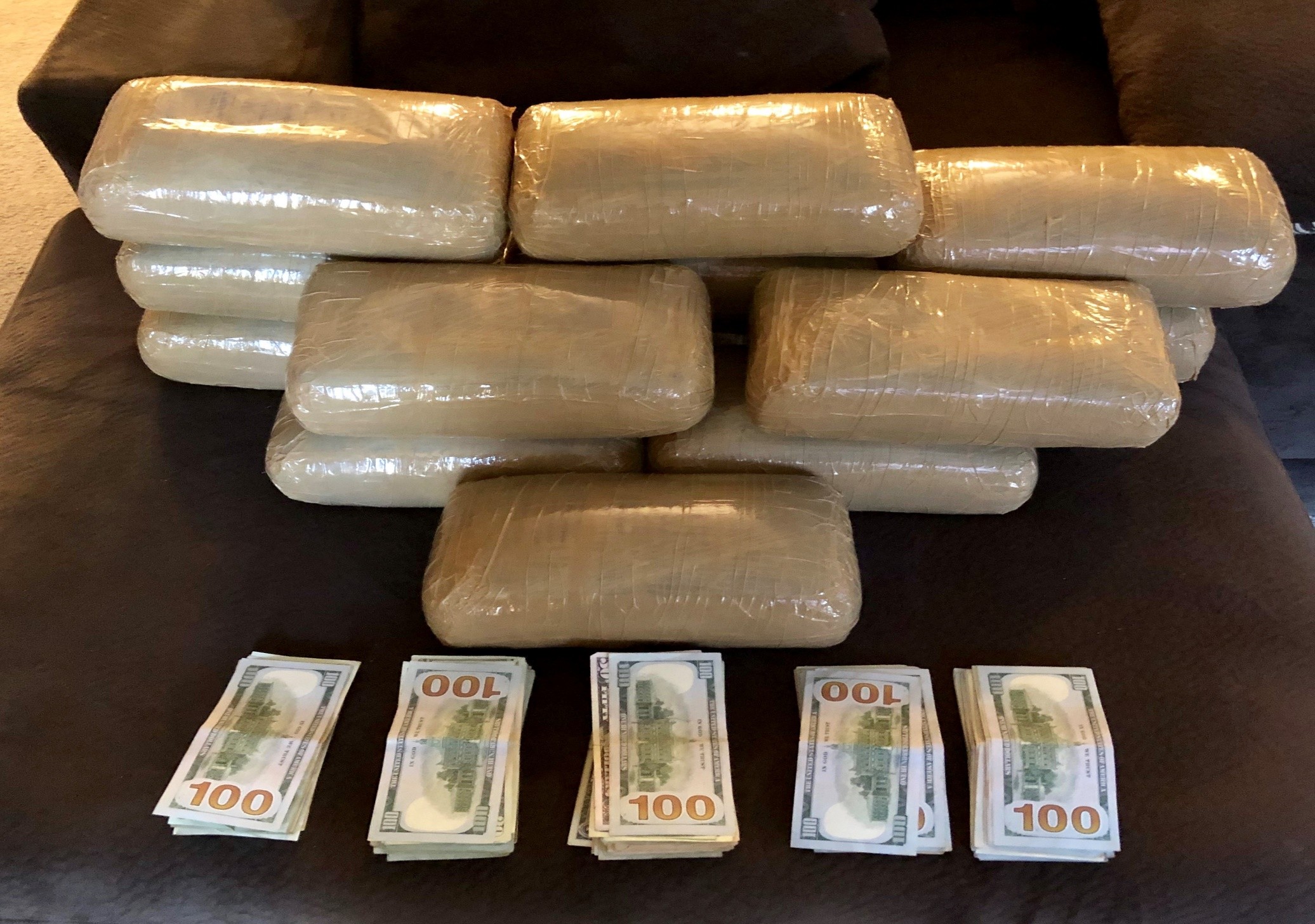The most grueling aspect of writing about animal cruelty is having to watch haunting videos of creatures who possess unconditional love being tormented by human beings who do not appear to have a conscience. (Trigger warning: This piece describes one of said videos.)
Last month, a distressing video — that nearly all media outlets wrongly refused to show in its entirety due to its disturbing content — showed a terrified dog in Memphis being dragged like old furniture, beat, and then thrown off a bridge. The perpetrator was unsuccessful in killing the dog during his first attempt, so he repeated his actions. The second time, the helpless creature nose-dived from the bridge to the pavement and died. The coward ran away.
Christopher Triplett was arrested and charged with aggravated animal cruelty for allegedly committing this crime. According to animal advocate and social media influencer Paul Mueller, the precious canine’s body was not picked up for five days. Five days.
This may seem like a trivial detail. Yet it is the nuances in how city officials and/or police officers handle a traumatic event which reveal their level of compassion or detachment. And it gives people a glimpse of the level of advocacy or apathy of its citizens — by how they react.
This, coupled with the high kill rate of adoptable pets at Memphis Animal Services (MAS) — where, in March, 88 dogs aged 0 to 5 months were killed, according to their own statistics — indicates that those in power in Memphis do not prioritize animal welfare.
Animal cruelty is on the rise in many states. In Tennessee, there was a 40 percent increase in animal cruelty from 2020 to 2022, according to the Tennessee Bureau of Investigation, as covered by WKRN. One of the reasons for this animal abuse crime wave in the Volunteer State (and others) is because people who torture animals rarely receive a sentence that directly correlates to the level of cruelty they inflict.
An outlier to this enabling of animal abuse — by lawmakers and judges across our country — happened in a small Texas town, as reported by CBS News. A truly honorable judge and two juries sentenced a man who tortured and/or killed kittens to a 40-year prison sentence.
Christopher Triplett is presumed innocent. But if a court of law convicts him of the aggravated animal cruelty that he is alleged to have committed, he needs to receive the maximum sentence, receive intensive rehabilitation for the entire length of his sentence, and should never be permitted to own an animal for the rest of his life.
The maverick Texas judge and juries in the kitten abuse cases had something within themselves that far too many lawmakers and judges lack — empathy for animal victims. They also understood that animals feel a mental and physical anguish similar to what human torture victims experience.
Memphis politicians can improve animal welfare in Tennessee with three interventions. First, by increasing the six-year maximum penalty for aggravated animal cruelty. Next, by implementing a no-kill animal shelter system. Last, by creating an animal cruelty task force. Doing so would not only protect defenseless animals but human beings as well.
How so?
In an article on the FBI’s website regarding the connection between animal abuse and crimes against people, the author states, “Historically, animal cruelty has been considered an isolated issue, but recent research shows a well-documented link that it is a predictive or co-occurring crime with violence against humans.”
Dogs are forced to put their lives in danger (willingly) to protect the lives of police officers, soldiers, and citizens. They also help countless Americans heal or find some semblance of closure in tragedy. Yet when canines need these same people to have their back, the two-leggeds often turn away.
I take great care when writing about a specific animal cruelty case to use the pet’s name often to honor their life. It saddened me that I couldn’t find out the name of the dog who was twice thrown over a bridge. Yet I realized that is a painful metaphor for the plight of so many Memphis dogs.
Memphis, turn away no more.
Dana Fuchs is a writer and animal advocate living in New York. She can be reached at animalwriter25@mail.com.



 Facebook/CasaLuz
Facebook/CasaLuz  Memphis Police Department
Memphis Police Department  Memphis Police Department
Memphis Police Department